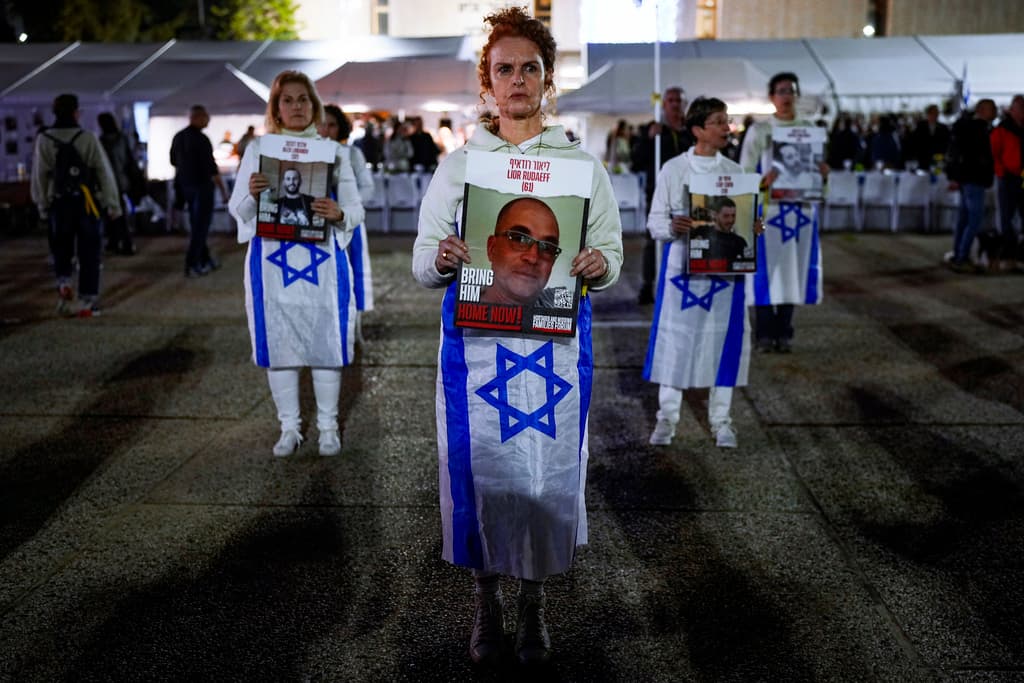Outlines of a Hostage Deal Begin to Emerge Even as Fighting Rages at Northern Gaza
Israel is meanwhile developing plans for expanding its offensive to the southernmost city of Rafah on the Gaza-Egypt border.

Mediators are making progress on an agreement for a weeks-long cease-fire between Israel and Hamas and the release of dozens of hostages held in Gaza as well as Palestinians imprisoned by Israel, Israeli media reported Sunday.
Please check your email.
A verification code has been sent to
Didn't get a code? Click to resend.
To continue reading, please select:
Enter your email to read for FREE
Get 1 FREE article
Join the Sun for a PENNY A DAY
$0.01/day for 60 days
Cancel anytime
100% ad free experience
Unlimited article and commenting access
Full annual dues ($120) billed after 60 days
